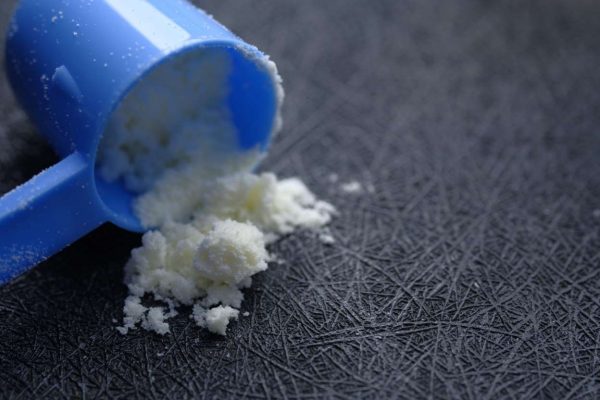A 29-year-old homeless Oklahoma man arrested by police in August and sentenced to 15 years in prison for possession of cocaine in a can in his backpack, has been found to have been wrongly accused. It wasn’t drugs he was carrying, but powdered milk.
The Washington Post said Cody Gregg, the victim of the bizarre police justice in Oklahoma was arrested on Aug. 12 when police spotted him, while riding a bike. It was around 10:30 p.m.
When police caught up with him, they demanded to search his backpack. They found a large clear plastic bag of white powder stuffed in a coffee can.
Police concluded that the substance was cocaine, and charged Gregg with a felony. Last week, after spending nearly two months in jail, the 29-year-old pleaded guilty to cocaine possession with the intent to distribute, and was sentenced to 15 years in prison.
But on Thursday, just two days after learning his fate, Gregg was back in court again, this time to withdraw his guilty plea. The lab tests had come back, and they showed that the suspicious-looking white substance was actually powdered milk, the Oklahoman reported.
According to the paper, Gregg told the judge that he got the milk from a food pantry. He said that he entered a guilty plea only so that he could stop languishing in Oklahoma County Jail, which has been plagued with issues ranging from overcrowding to chronic mold and an unusually high suicide rate for decades.
On Friday, the case was dismissed and Gregg was released.
In the probable cause affidavit obtained by the Oklahoman, an officer wrote that the baggie contained “a large amount of white powder substance that I believed to be cocaine based on my training and experience,” and that the powder “later tested positive for cocaine and was a total package weight of 45.91 grams of cocaine.”
It’s not the first time that a harmless household staple has been incorrectly categorized as an illicit drug. In 2016, the New York Times magazine and ProPublica revealed that tens of thousands of people nationwide were being jailed each year based on the results of finicky roadside drug tests that frequently produced false positives. Often, the tests were responding by environmental factors like the weather, or the presence of chemicals found in household cleaners. In some instances, police simply didn’t understand how to use them correctly.
As The Washington Post’s Radley Balko wrote last year, the list of innocent items that have been misidentified as dangerous drugs includes chocolate chip cookies, breath mints and the glaze from a Krispy Kreme doughnut. Despite growing awareness that the tests have a high error rate — some studies have found that they result in false positives a fifth or even a third of the time — many police departments continue to rely on them.
“Innocent people plea[d] guilty. A lot,” tweeted Jason Lollman, a public defender in Tulsa, who added that Oklahoma County Jail is “widely considered one of the worst in the country.”
“Any innocent person would consider pleading guilty just to get out,” he wrote.



